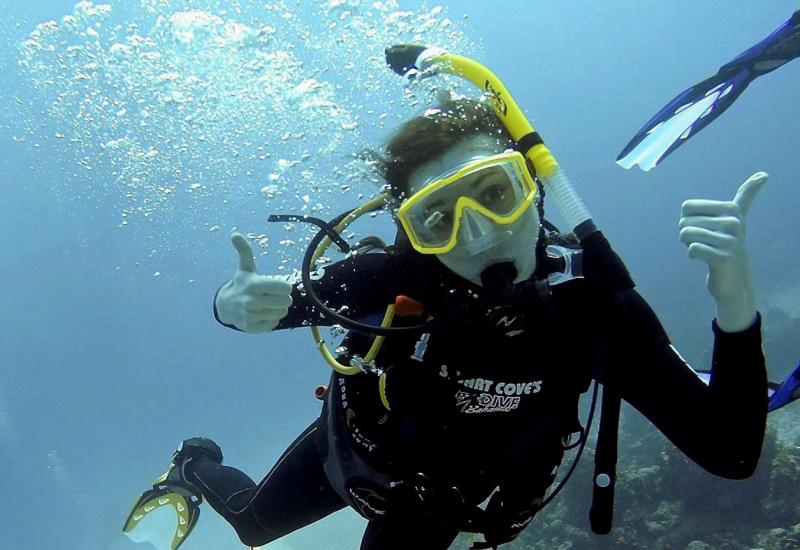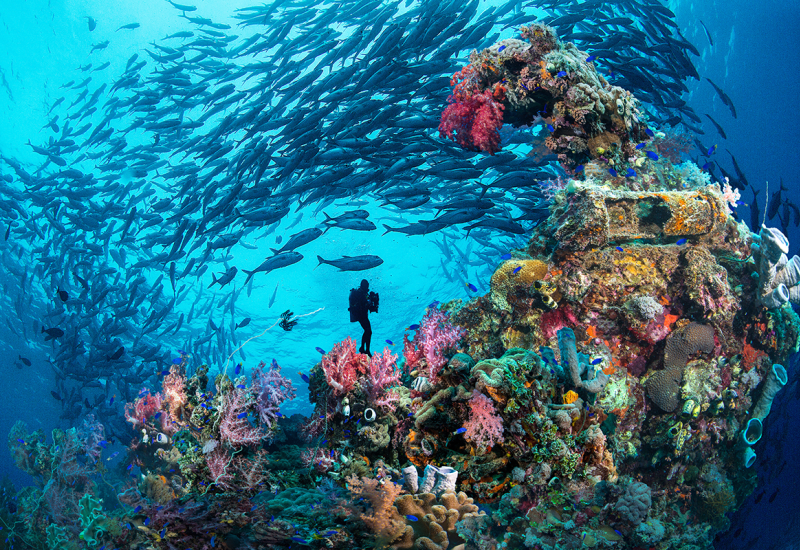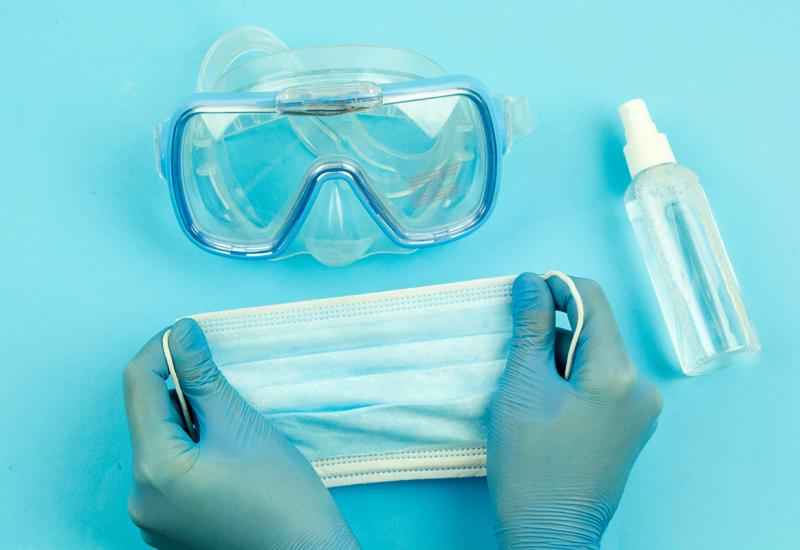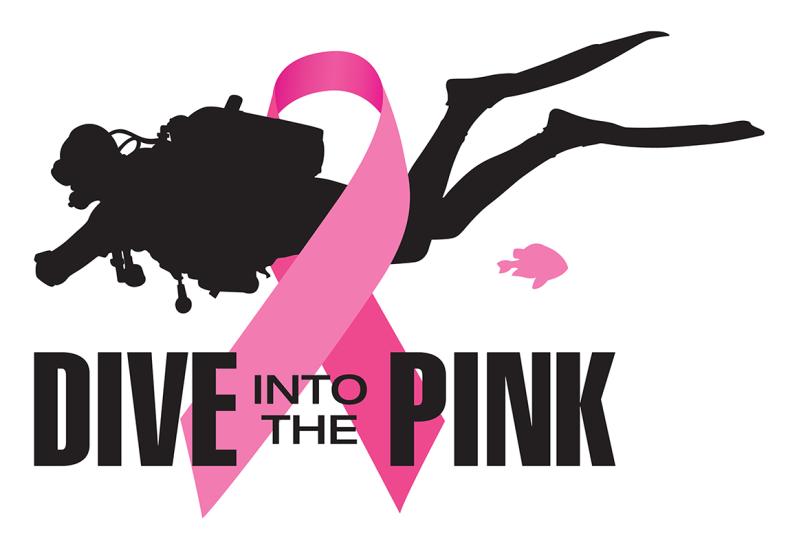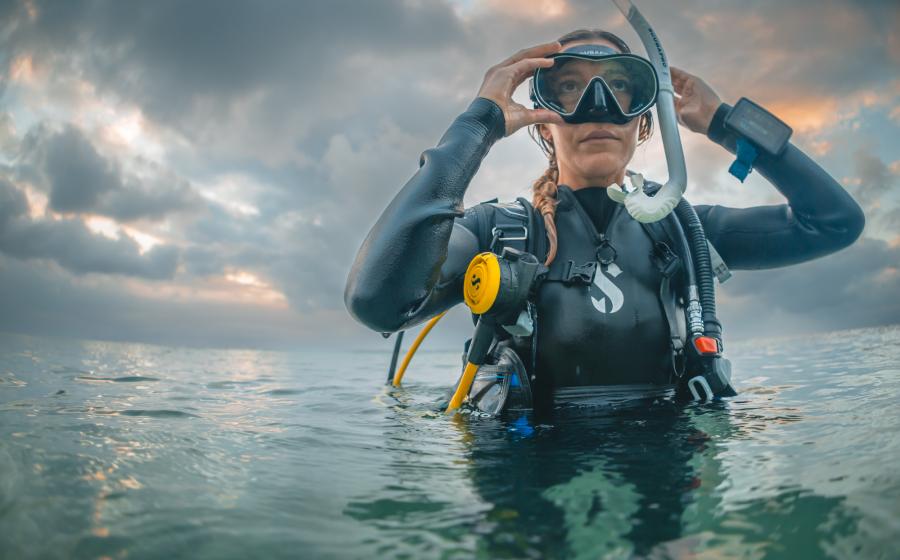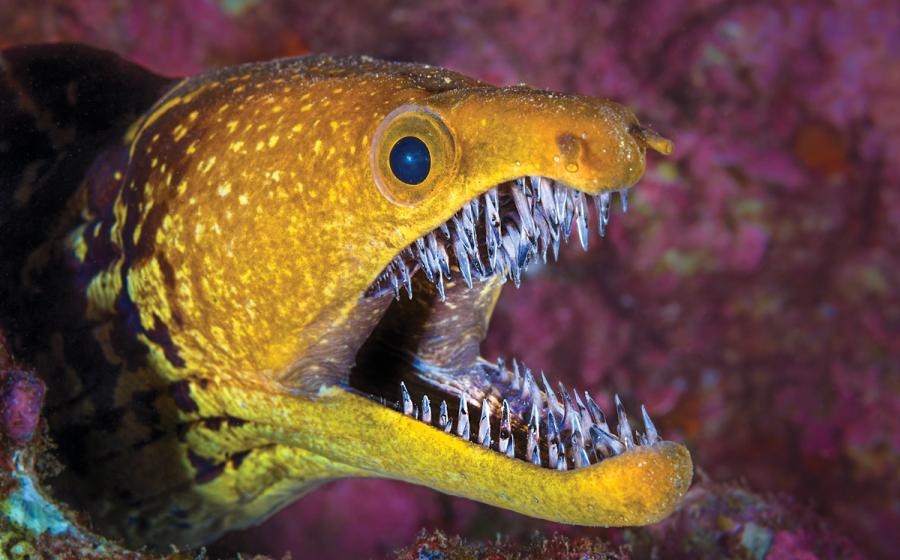Scuba Diving Doctor: Why Did I Get Unexplained DCS (Decompression Sickness)?

Often, decompression sickness can be a random event, and the cause remains unknown.
Shutterstock
Q: I GOT AN UNEXPLAINED HIT. WHAT COULD HAVE CAUSED IT?
A: I am glad you used the newer term — “unexplained” — rather than the one we used in the past, “undeserved.” The older term implied that anyone who sustained a mystery hit (symptoms of decompression sickness without obvious cause) surely must have done something wrong during the dive to earn such an outcome. The reality is that two divers can complete an identical dive profile under identical conditions with only one of the divers developing symptoms of decompression sickness. Alternatively, the same diver can perform the exact same dive on two different days and end up with different outcomes.
In dive training, it is not always emphasized that dive tables — and therefore dive computers based on the same algorithms — have a failure rate. The original U.S. and Royal Navy dive tables were derived from mathematic calculations and tested on very fit, muscular military divers. It may also be a revelation that the tables were not meant to be infallible, and some of the depth/bottom-time combinations were validated using a minimum number of test dives. In fact, the latest U.S. Navy tables use probabilities; it is acceptable that essential missions use higher-risk tables than those used for routine tasks.
Other factors that affect the development of decompression sickness include hydration status, strenuous physical activity before/during/after the dive, repetitive dives, and impaired local circulation as would occur with injuries. The risk of developing decompression sickness certainly increases as the diver approaches no-decompression limits, and would be greater for a diver who spends the majority of the dive at those limits. The bottom line: Diving has associated inherent risks that are minimized, though not completely eliminated, by excellent training and conservative practices.
While it’s important to understand the causes of DCS, it’s not always possible. If you had a true unexplained hit, you shouldn’t dive until you undergo a full medical evaluation.
James L. Caruso is a 30-year veteran of the U.S. Navy, serving as ship’s doctor, undersea medical officer and flight surgeon. His experience includes a fellowship in Diving and Hyperbaric Medicine at Duke University Medical Center; today he is Denver's chief medical examiner.
Interested in more diving safety reminders?
Read about this real-life DCS anecdote and analysis.
Check out this through list of 21 Tips for Decompression Diving.
Remember to be well-prepared before traveling: Know Before You Go: Health & Safety Abroad.
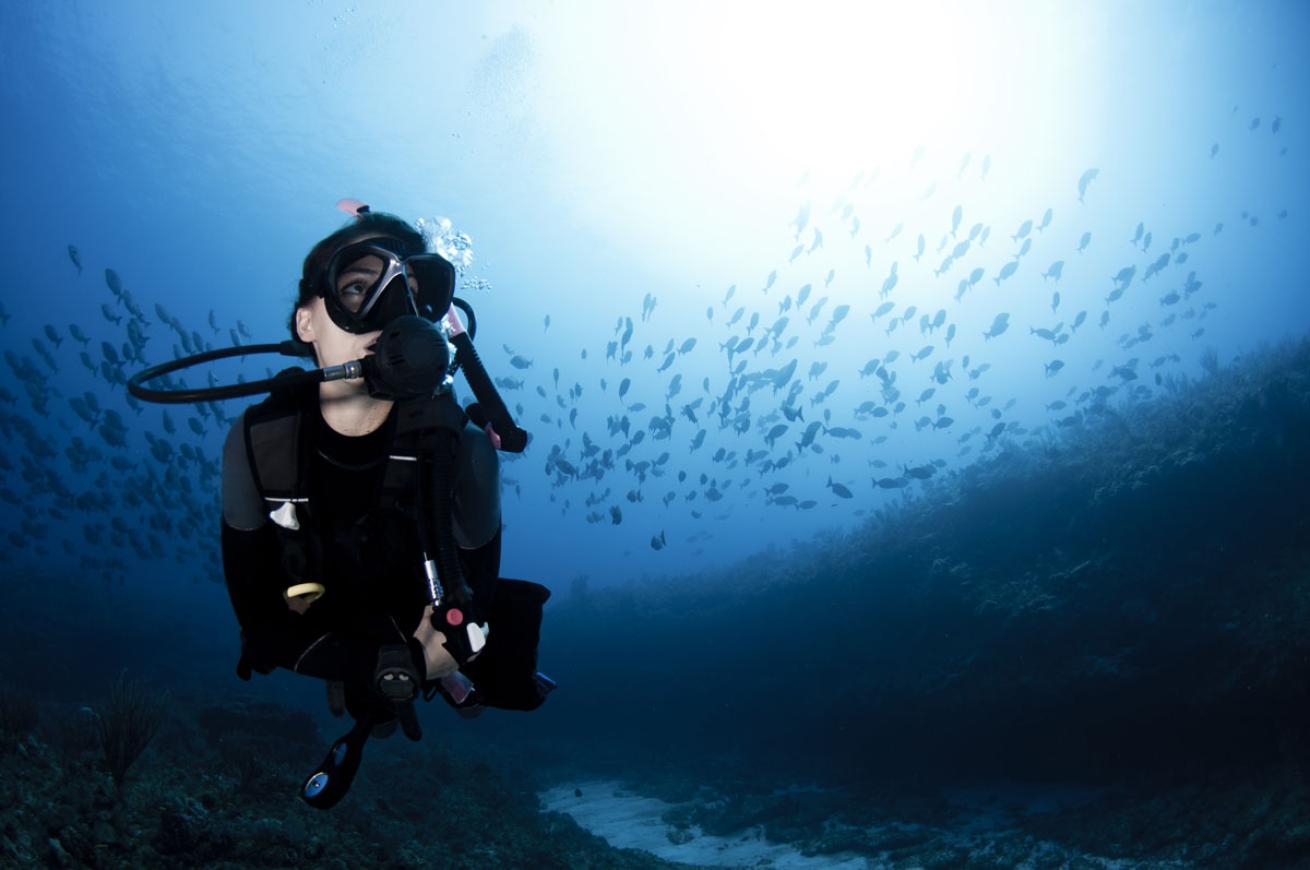
Shutterstock
Q: I GOT AN UNEXPLAINED HIT. WHAT COULD HAVE CAUSED IT?
A: I am glad you used the newer term — “unexplained” — rather than the one we used in the past, “undeserved.” The older term implied that anyone who sustained a mystery hit (symptoms of decompression sickness without obvious cause) surely must have done something wrong during the dive to earn such an outcome. The reality is that two divers can complete an identical dive profile under identical conditions with only one of the divers developing symptoms of decompression sickness. Alternatively, the same diver can perform the exact same dive on two different days and end up with different outcomes.
In dive training, it is not always emphasized that dive tables — and therefore dive computers based on the same algorithms — have a failure rate. The original U.S. and Royal Navy dive tables were derived from mathematic calculations and tested on very fit, muscular military divers. It may also be a revelation that the tables were not meant to be infallible, and some of the depth/bottom-time combinations were validated using a minimum number of test dives. In fact, the latest U.S. Navy tables use probabilities; it is acceptable that essential missions use higher-risk tables than those used for routine tasks.
Other factors that affect the development of decompression sickness include hydration status, strenuous physical activity before/during/after the dive, repetitive dives, and impaired local circulation as would occur with injuries. The risk of developing decompression sickness certainly increases as the diver approaches no-decompression limits, and would be greater for a diver who spends the majority of the dive at those limits. The bottom line: Diving has associated inherent risks that are minimized, though not completely eliminated, by excellent training and conservative practices.
While it’s important to understand the causes of DCS, it’s not always possible. If you had a true unexplained hit, you shouldn’t dive until you undergo a full medical evaluation.
James L. Caruso is a 30-year veteran of the U.S. Navy, serving as ship’s doctor, undersea medical officer and flight surgeon. His experience includes a fellowship in Diving and Hyperbaric Medicine at Duke University Medical Center; today he is Denver's chief medical examiner.
Interested in more diving safety reminders?
Read about this real-life DCS anecdote and analysis.
Check out this through list of 21 Tips for Decompression Diving.
Remember to be well-prepared before traveling: Know Before You Go: Health & Safety Abroad.

